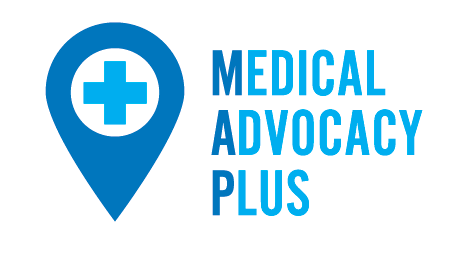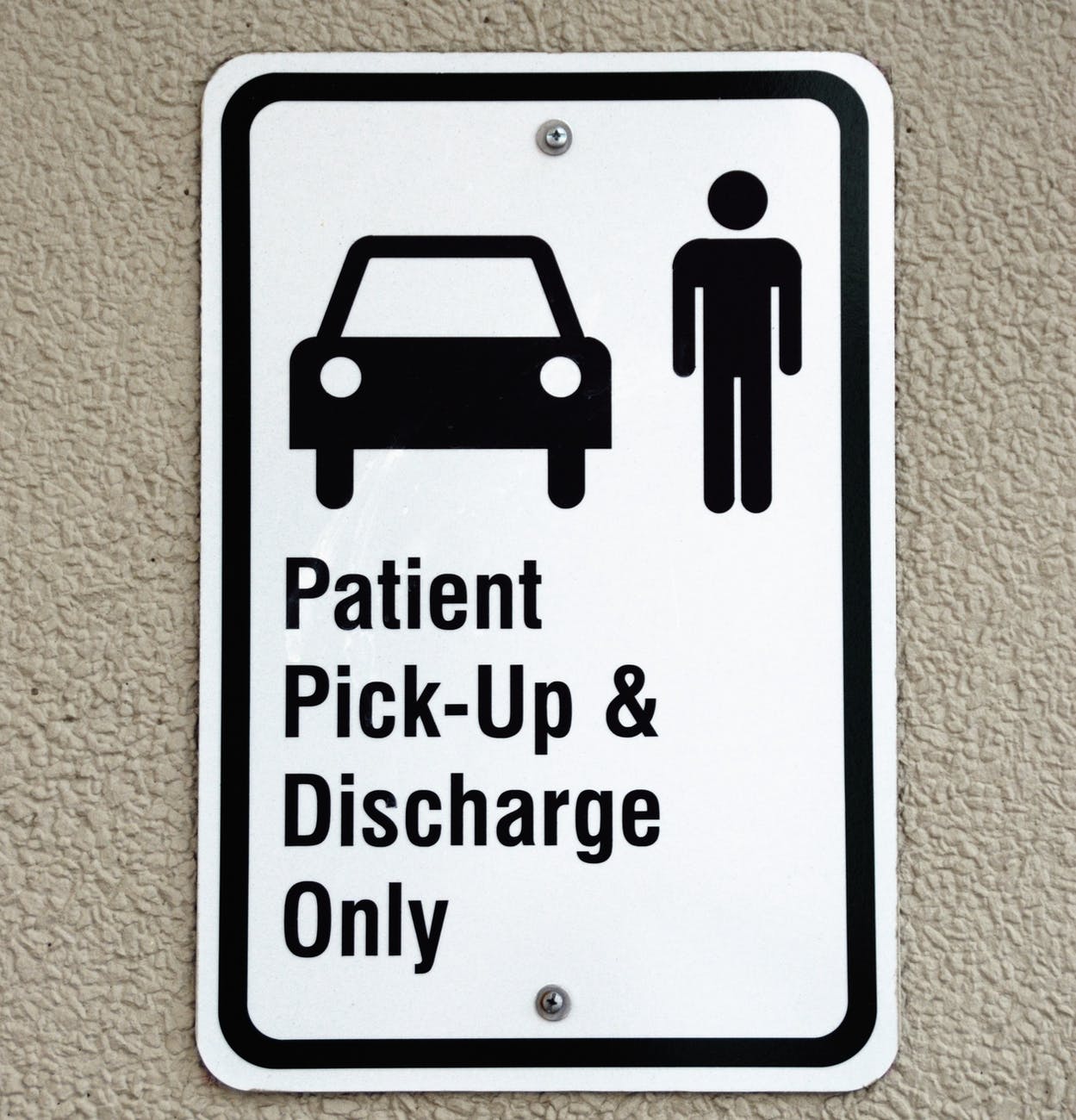11 Jan ROADBLOCKS THAT INTERFERE WITH YOUR MEDICAL CARE!
Helpful tips to use while navigating a health situation
Hi and welcome to 2022!
Let’s think optimistically for a healthy and safe 2022.
Over the past year, I noticed a common theme while navigating health concerns with my clients. “Time and Energy” used navigating with insurance, facility, and clients.
If you want to navigate your medical issue alone, be aware of the many roadblocks which will create a significant waste of time and energy. I am highlighting a few of them for you:
• Consent forms: HIPAA Consent forms are documents needed if you want to discuss or receive any information related to medical or financial information. Consent forms allow the healthcare providers to share information with you. My clients sign a consent form at the start of working with a patient; however, I have encountered many occasions when the facility tells me they can’t find me in the chart. It is also good to know that different departments, such as the billing department, differ from the medical department. Sometimes, these consents don’t cross over.
Tip: Obtain Consent forms for every department needed. Ask to be flagged in the chart, so you don’t have to go through the same spiel every time.
• Increased time making multiple phone calls: You may experience contacting many departments and phone numbers to answer one question. You are often transferred from one department to another. There isn’t a one-stop number to answer your concerns. The bigger the facility, the more departments, and contacts. The last client’s facility had six phone numbers to contact daily.
Tip: Keep a list of contacts and names and their respected departments. If possible, get the direct number to your connection to eliminate the call tree.
• Consistency of information: I can’t tell you how often I receive inconsistent or wrong information. Many phone calls to facilities or insurances start with a general representative who may not fully understand your questions or concerns. The representative will eventually get you to the correct department, but it is typically a lengthy process of repeating the same information and questions. There is also the assumption that you understand the medical and insurance jargon. After all, this is what they do all day long, but it is foreign to you.
Tip: Talk nicely to the representative and keep calm. If you don’t understand, kindly ask them to explain. Keep descriptive records of your phone calls, including whom you spoke with and the details of the conversation. Make sure to date all of your documents. If you aren’t satisfied, request to speak with a supervisor to get the required facts and information.
• Time: So much time is spent waiting to speak to a facility or insurance company representative. Phone calls to each facility and or insurance company take time and energy. Wait times can last more than 30 minutes. There is a shortage of personnel but not a shortage of consumers.
Tip: Call first thing in the morning. Make a list of the phone calls in priority order and multitask during wait times.
• Know your insurance! There are many instances when a delay in care occurs while awaiting authorizations, doctor’s orders, or verification. In addition, you need to know if you are in or out of network, and the list goes on. Not understanding your policy can lead to delays in care and denial of services even after receiving the care.
Tip: Know your insurance! Verify what in-network your insurance covers. Do you have the authorization to be treated there? Are you eligible for the treatment under your healthcare plan?
These are just some roadblocks you may encounter while receiving care for yourself or a loved one. I often hear, “How would I know to do that?” or “No one ever told me to do that,” Not to mention in bullet four the time it takes to do all that is needed. Most facilities have a care coordinator, and insurance companies have representatives; however, their time is limited due to the multiple phone calls and patients they serve a day. Patient advocates are here to provide the help you need so you can focus on your care, your home, or your career.
I hope these tips help and don’t hesitate to reach out if you feel overwhelmed!
Patient advocates are health advisors who assist patients in obtaining the best available care as they navigate their medical journey. They identify the factors that impede patients from improving their health. As patient advocates, we do not make decisions for you. Instead, we engage in your health, advocating for you through shared decision-making. Patient advocates collaborate with other members of the care team to plan and coordinate a patient’s care. Furthermore, we offer personalized approaches to patients and companies to help their staff stay healthy and avoid adverse health consequences. Reach out today! Medical Advocacy Plus can map you in the right direction.

